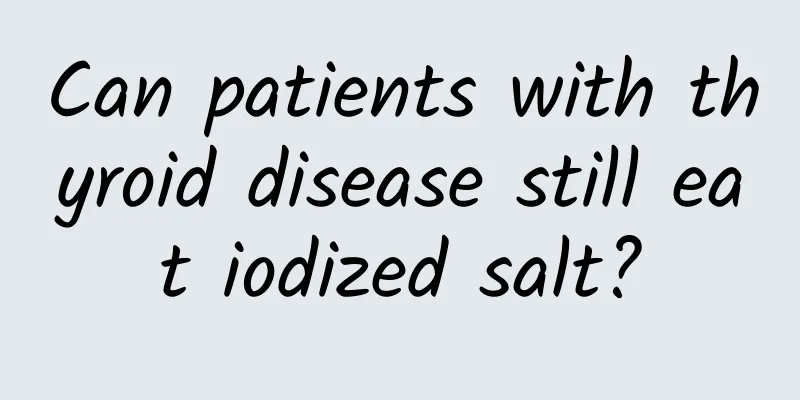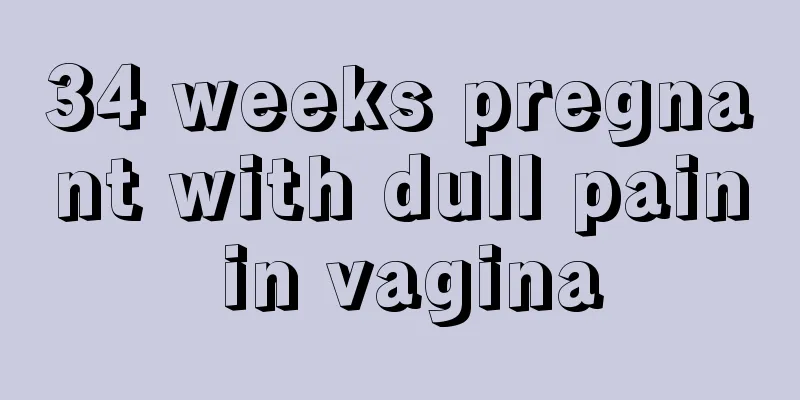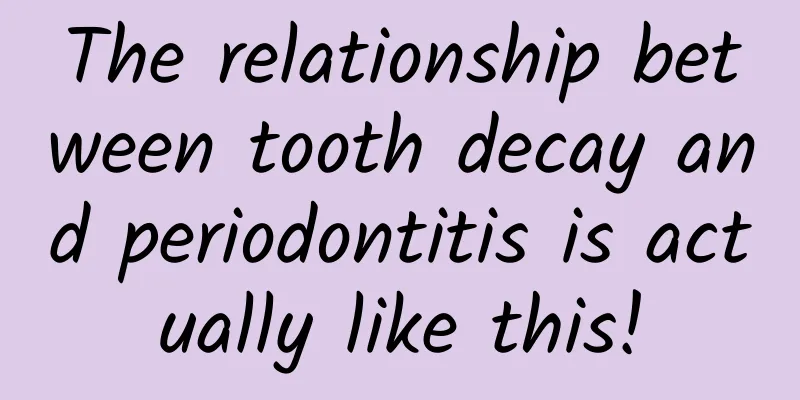Can patients with thyroid disease still eat iodized salt?

|
□ Science Times reporter Shi Qi May 15th is the 31st National Iodine Deficiency Disease Prevention and Control Day, and the theme of the event is "Iodine-added salt to prevent disease, balanced nutrition for health". There have always been many misunderstandings about iodine supplementation, such as which groups of people need iodine supplementation? Can patients with thyroid disease eat iodized salt? In response to these questions, a reporter from Science Popularization Times interviewed Fang Yi, director of the Endocrinology Department of the Fifth Medical Center of the PLA General Hospital. "Iodine is an essential micronutrient for human metabolism and growth and development, but the human body cannot produce iodine. If iodine intake is stopped, the iodine stored in the human body can only last for 2-3 months." Fang Yi introduced that insufficient iodine intake can lead to a series of diseases such as goiter, intellectual disability and iodine-induced hyperthyroidism, which are called iodine deficiency diseases. Adults with iodine deficiency may also experience fatigue, lack of concentration, and decreased work efficiency. Most areas in my country are iodine-deficient. The iodine that the general population gets from food and drinking water every day cannot meet the normal needs of the human body, so continuous additional iodine supplementation is needed. In particular, special groups such as pregnant women, nursing mothers, infants, children and adolescents should pay more attention to adequate iodine supplementation. Fang Yi said: "The ideal iodine intake for adults is about 150 micrograms per day, for pregnant and lactating women it is 200-300 micrograms, and for children it is correspondingly reduced." Among the comprehensive measures to prevent iodine deficiency, iodizing salt is the simplest, safest and most effective way. Iodide in iodized salt is easily lost in a humid, hot and acidic environment, so the public should choose iodized salt in small packages with designated logos and store it in a cool and dry place. In addition, you can also consume iodine-rich seafood, such as kelp and seaweed. Excessive or insufficient iodine intake will increase the incidence of thyroid nodules, so iodine supplementation should be appropriate. Fang Yi said: "The vast majority of thyroid disease patients can consume iodized salt normally during treatment and try to avoid insufficient or excessive iodine intake, but the specific situation depends on the situation." Fang Yi gave an example, saying that among patients with hypothyroidism, those whose thyroid glands have been completely removed or completely destroyed will not have a significant effect on their thyroid glands if they consume iodized salt; patients whose thyroid lobes have been removed or whose thyroid tissue still remains can also follow a normal iodine diet. If the patient's hypothyroidism is caused by iodine deficiency, they need to increase their iodine intake appropriately; patients with hypothyroidism caused by excessive iodine need to limit their iodine intake. Patients with hyperthyroidism should also limit their iodine intake and avoid iodine-rich foods and drugs as much as possible. |
>>: Cancer may strike quietly. Have you caught these body signals?
Recommend
What is the cause of high estradiol? Symptomatic treatment is the key
The main reasons for high estradiol levels in wom...
Slight bleeding in 8 months of pregnancy
The embryo is the tissue structure that the fetus...
Does an enlarged uterus affect fertility?
Speaking of uterine hypertrophy, it is a very com...
A woman has a dull pain on the left side of her lower abdomen
The lower abdomen is relatively important for wom...
Can sagging breasts be repaired?
Generally, mothers choose to breastfeed exclusive...
Can I have sex during my menstrual cycle?
There are many things that are inconvenient for w...
What medicine should women take for itching below
Female vulvar itching is a very common gynecologi...
Reasons why pregnant women feel shortness of breath
Pregnant women have weak constitutions during pre...
How long does ventilation usually take after a caesarean section?
Usually, there are two ways for women to give bir...
Is it normal to have no vaginal discharge in early pregnancy?
As we all know, pregnancy is a very happy thing f...
What causes a woman's big belly?
For female friends, a big belly is a very painful...
What causes black vaginal discharge during pregnancy?
Because of some different changes in the body aft...
Leucorrhea turns yellow one month after induced abortion
The reason why leucorrhea is yellow after induced...
Six symptoms indicate that the fetus has entered the pelvis
Pregnancy is a very important stage for women. As...
Is breast cyst serious? Women must know
In recent years, due to the increasing life and w...









